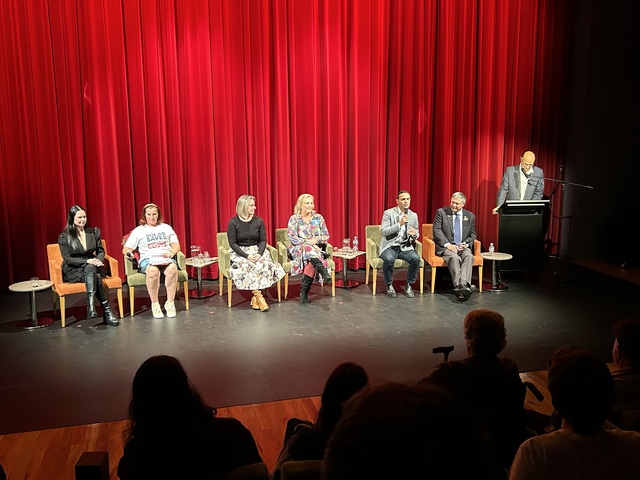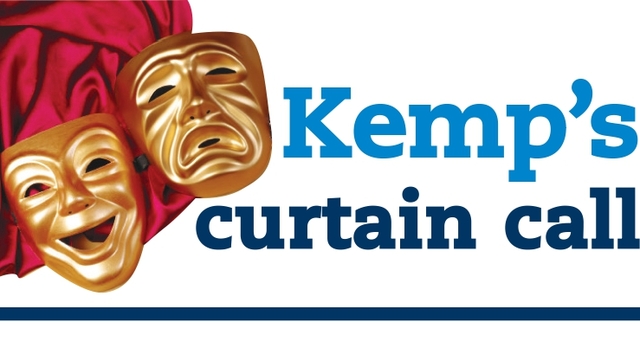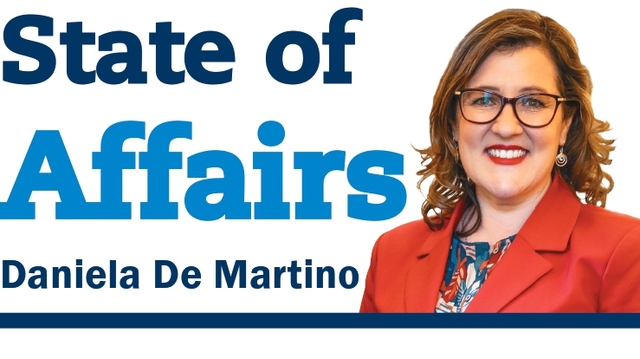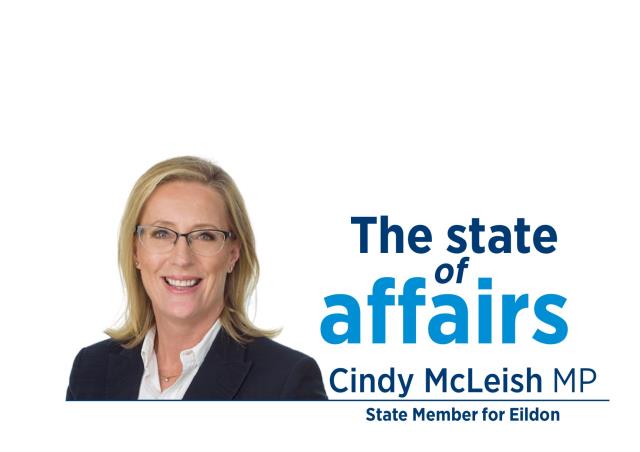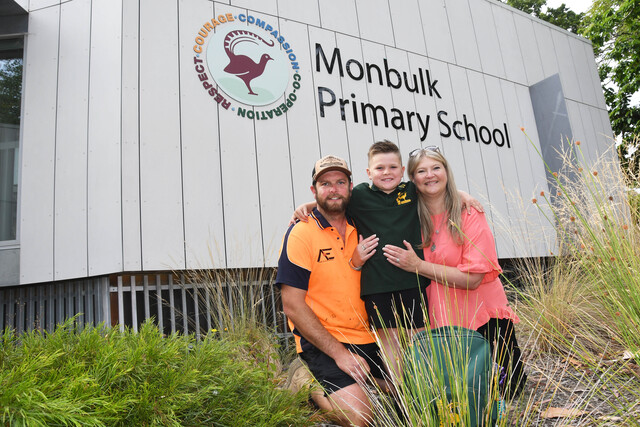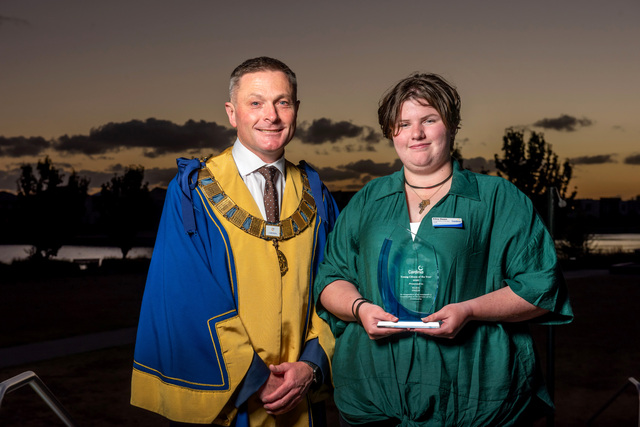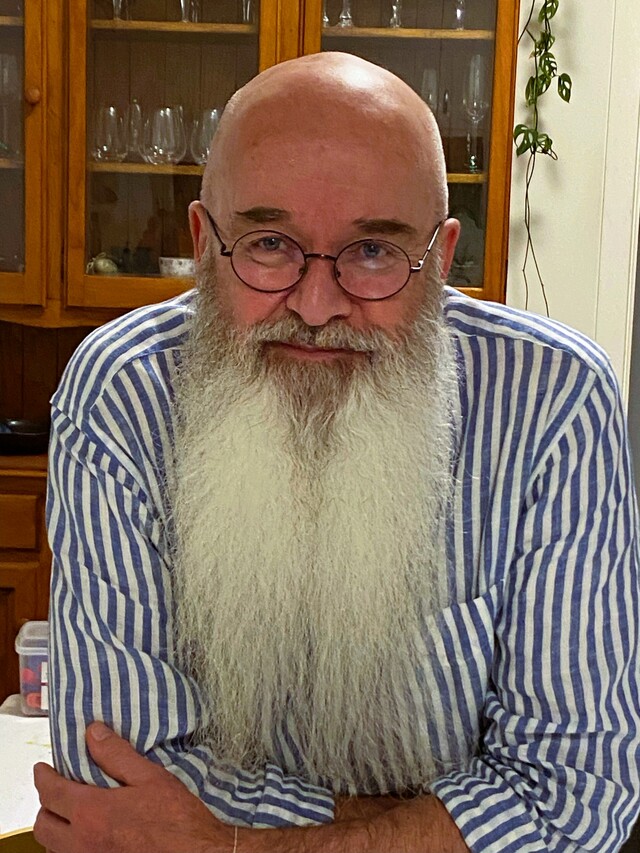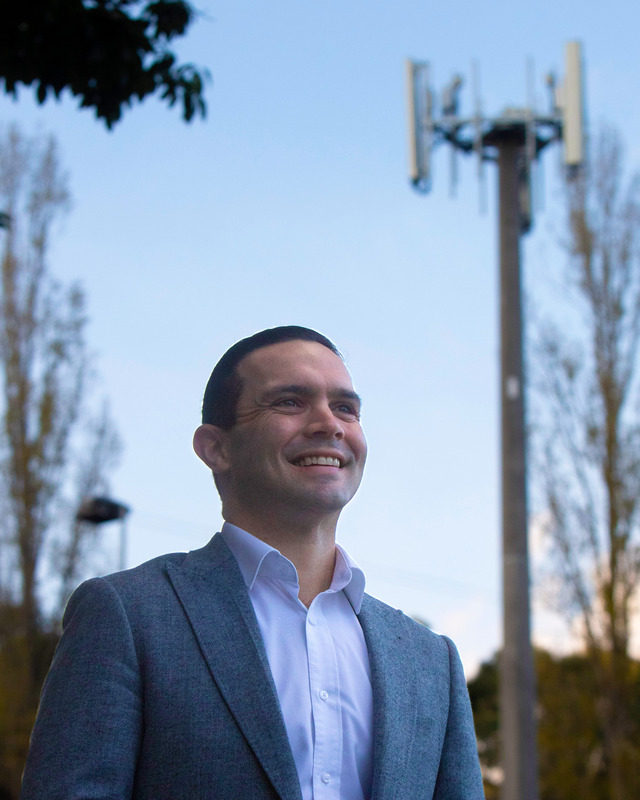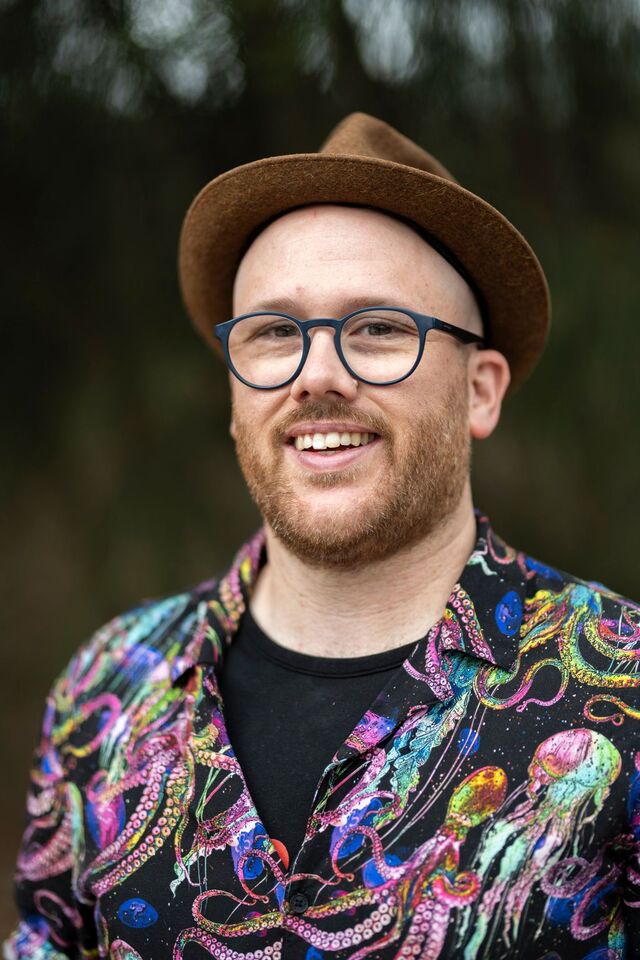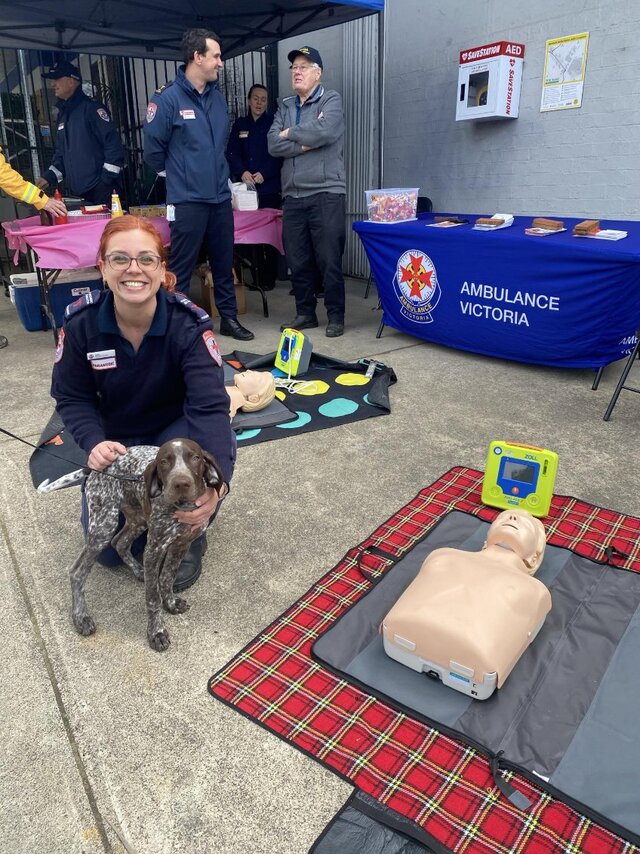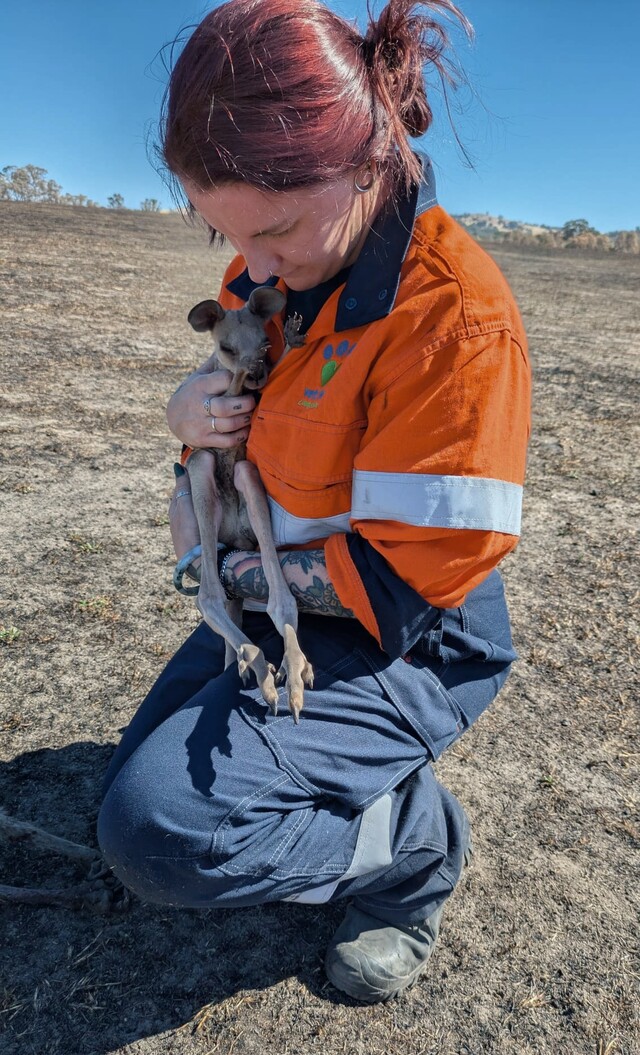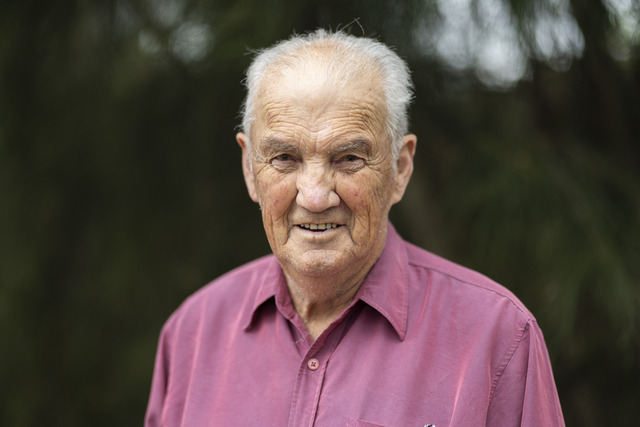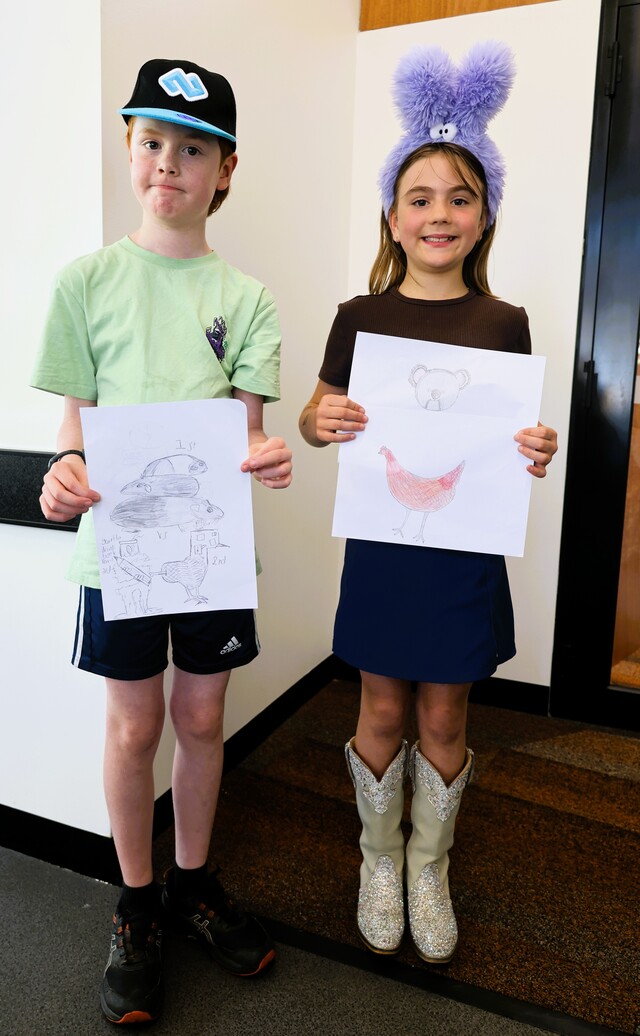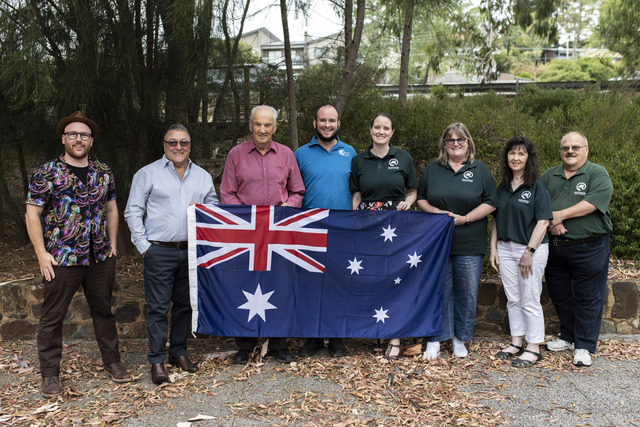The last Meet the Candidates for Casey forum was hosted by Healesville-Yarra Glen Uniting Church.
Held in The Memo, Healesville on Monday 28 April, six of the eight candidates attended the forum.
The forum commenced at 7pm, emceed by the church’s council chairman Bruce Argyle.
The six candidates were given three minutes to introduce themselves to start with.
Each candidate introduced their background and why they put themselves into this federal election.
After the brief introduction, the candidates were asked seven questions.
Six questions were selected based on questions submitted by the audience beforehand, and the last one was brought up by the MC.
Each candidate was given 30 seconds to answer a question.
The first question was “What are your priorities for this region?”
Animal Justice Party’s Chloe Bond went first and said her priorities are “animal welfare, affordable housing and declaring an immediate climate emergency”.
Labor’s Naomi Oakley mentioned the cost of living which encompasses a broader range of struggles including health, education and housing.
The Greens’ Dr Merran Blair pointed out two main issues, cost of living, and environment and climate change.
Independent Claire Ferres Miles said returning an emergency department to Healesville Hospital, cost of living particularly insurance premiums, and different types of affordable housing.
Incumbent Liberal MP Aaron Violi also noted the cost of living and long-term economic growth as the biggest issue across the electorate.
Family First Party’s Dan Nebauer said he would focus on what is important to families in the region.
“It’s the cost of living right up front. But I’m also concerned about what’s going on in our schools, what’s happening with laws that inhibit our freedom of religion,” he said.
Being asked the second question regarding an urgent care clinic, everyone agreed to establish either an urgent care clinic or emergency department in Healesville, not in Lilydale.
Ms Ferres Miles was against the urgent care clinic system, saying “it is the most expensive form of healthcare in Australia”.
“If there’s $12 to $15 million to be invested in the Valley, I will kick off a conversation with the community about how we can get the best value from $12 to $15 million,” she said.
“What I’ve heard is that people want an emergency department at Healesville Hospital, and the emergency care at Warburton Hospital.”
Ms Bond said she would advocate for creating an urgent care clinic in Healesville in the short term and one more at Warburton Hospital as a long-term solution.
The third question was submitted by the local traders’ group, asking about each candidate’s plan for supporting small businesses.
To answer the question, Dr Blair shared The Greens’ election promise to support small businesses.
“The Greens want to see a small business incubator to provide 1000 grants of $250,000 for start-ups and cooperatives, and this is coupled with certain small businesses $20,000 instant asset write-off,” she said.
Ms Ferres Miles, who introduced herself as a small business owner, spoke of two things she heard from the Healesville community.
“The first is they are doing it incredibly tough, and one of the things that’s spoken to me about is how they can take back control of their utility bills, and the way they want to do it is with renewable energy with solar and batteries,” she said.
“The second thing is about hospitality and tourism. People (in this industry) desperately want staff, and there’s nowhere for these people to live, so small businesses and prosperity are linked to our housing crisis.”
Mr Violi explained his party’s election promises.
“We want to increase the instant asset write-off from $20,000 to $30,000 and make it ongoing, so it’s not a year-to-year,” he said.
“But also for new businesses, we want to give them a tax break if they earn up to $200,000 in profit, which is very tough for a small business to do, to get a 75 per cent tax offset on that.
“All of that money will go back into the business to continue to grow and employ more local people as well.”
Mr Nebauer pointed out the proliferation of rules and legislation in running a business.
“One of the problems, I was always facing when I ran my business for 17 years, is the proliferation of rules and legislation that you had to work through to employ someone to make a profit,” he said.
“It was very hard, so I’d be focused and working with people to try and eradicate some of that hardship in small business.”
Ms Bond said as a party that advocates for the most vulnerable, Animal Justice Party believes the government is taxing the wrong group of people.
“It should be the larger corporations that are being taxed significantly, not the small business owners,” she said.
“We also recognise that right now, there isn’t anywhere in this area for people to live, so we believe that less Airbnbs, more long-term rentals, and also a federal legislation that does govern allowing alternate forms of accommodation, such as long-term caravans and tiny houses (will help sort out this issue).”
Ms Oakley said Labor has a policy to invest $640 million in small businesses.
“I also did meet the traders last week, and one of the issues we did talk about was commercial rentals that are sitting vacant, so that will be something I will be advocating,” she said.
“Obviously, we need to have housing available. We do have housing and social housing policies that we will be advocating for out this way as well, but also free TAFE.
“You do also have to have the accommodation and connectivity (for the employees) as well.”
Four more questions were asked regarding climate change, housing affordability, the age of legal responsibility and community feedback.

